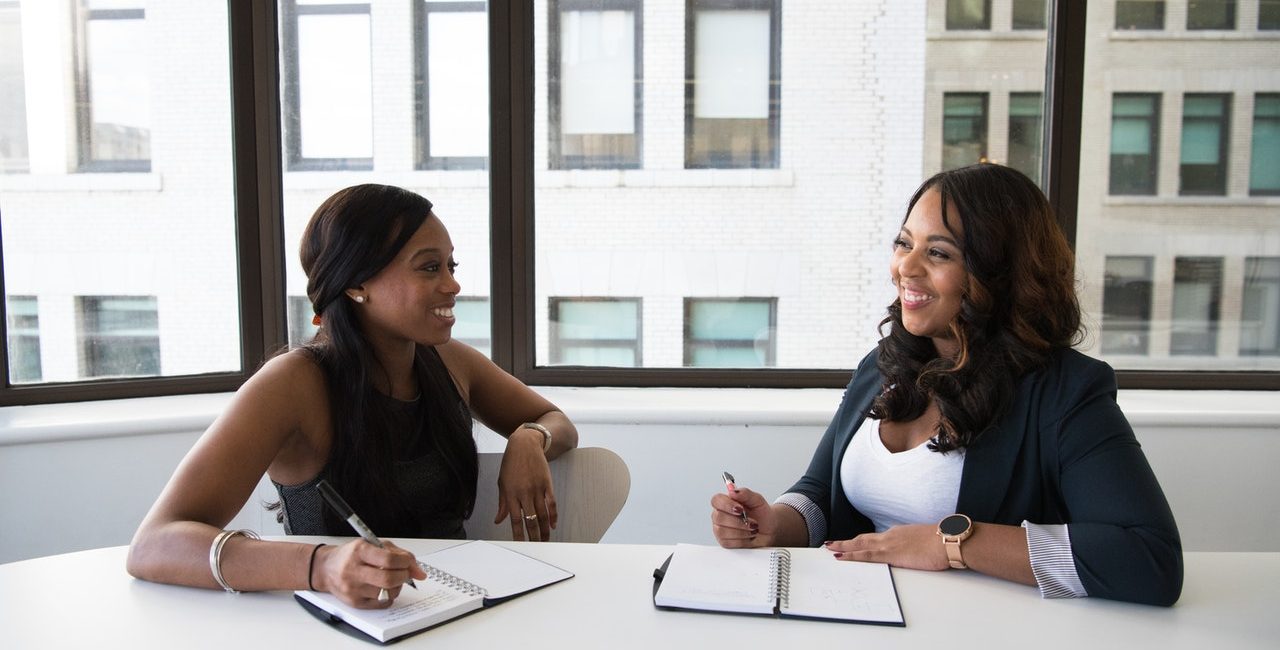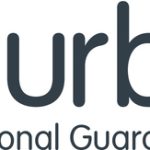
According to Glassdoor, each corporate job offer attracts 250 CVs, yet 75% of these are rejected. Of the initial 250 applicants, four to six will get called for an interview, and only one will get the job. But landing an entry level position doesn’t have to be as difficult as it might appear. Here are a few ways young people can land a first job that sparks a long and happy work-life.
Gain knowledge & experience
With the internet, everyone has access to almost any information they want, for free. It really is incredible, and something a lot of people underestimate. Whatever industry you want to work in, whether it’s the practical life of plumbing, or the tech-heavy and data-led world of performance marketing, there is free information available for you online. For example, YouTube can teach you everything from installing central heating to creating paid Instagram Ads. All you need is time and dedication to properly digest enough of it.
Alternatively, another way of getting experience is through apprenticeships. One method to achieve this is to go through the government pathway, which lets you apply to the best apprenticeships available in your region. Another option is a service like MTD training’s, where you can learn new skills and gain experience in your chosen field, as well as receive guidance on funding routes, levies and government incentives. The company’s mixed approach to learning includes workshops as well as employer immersion sessions, which is especially advantageous when you consider that 91% of employers prefer their candidates to have work experience.
Be smart with your CV
One of the keys to creating winning CVs is to always think of the person who is reading them. Remember, they have to sift through hundreds of these for the same position, and with recruiters taking an average of 7.4 seconds to scan a resume, there’s little time for irrelevant information. Sure, it’s good to stand out, but never sacrifice this for being clear and concise.
If you want to show more of your personality, save that for the cover letter or application email. A short ‘personal profile’ at the beginning is acceptable, but be careful not to rail off the CV clichés such as ‘Thought leader’, ‘Results-driven’, ‘Extremely Passionate’, ‘Dynamic’, ‘Highly motivated’, ‘Hardworking’. It’s a waste of space and often the recruiter doesn’t want to read it. They’ve already seen the same thing a thousand times. If you’re going to have a short extract, make sure it’s worthwhile: think personality with professionalism. Throw the clichés in the bin.
Practise the art of being interviewed
Interviews are an art that can be practised. Although you will benefit most from real-life experience, you can still walk into your first interviews with confidence should you prepare the basics at home. So what are they?
Rehearse common questions
One question that always comes up, usually at the beginning, is along the lines of “Tell us about yourself”. Know this question, rehearse it, practise it. Learn it like it’s part of your soul. Speak to the mirror. Talk to your friend. If you can get this answer down, it gives you the momentum to press through the more intuitive and unpredictable questions with confidence.
For other questions that are likely to come up, mull over the myriad of lists available. Of course, you don’t have time to create a detailed response to every single one, but that doesn’t mean you have to be caught completely off guard. Read through the lists and imagine yourself being asked these questions and respond in your head (or out loud, no judgement here).
Prepare questions to ask the interviewer
This is something that’s often overlooked. At the end of every interview, without fail, you will get asked whether you have any questions for the interviewer. The last thing in the world you want to do here is say, “No, I’m good”. How do you think they’ll feel? How interested does that make you look? Not at all, to be honest. So have questions prepared — and not just one or two. Make it eight to ten. You never know how many will have been answered in the interview already, so it’s good to be safe.
Easy questions to ask are those relating to the working culture and benefits. Even if you already know the benefits from the job description — such as free drinks on a Friday or subsidised gym membership — ask about them anyway. Not only does it show off your personality, it could spark more improvised conversation. For example, if they provide drinks on Friday they might start talking about a personal story or event that happened recently. You get the idea.
Consider the logistics
- Arrive early — check the route and time it gets there the day before
- Check out the place on Google Maps so you know what the office looks like
- Eat and drink water before
- Don’t disrupt your morning routine. For example, if you drink coffee, drink coffee
- Gather your supplies, including notepad and pen
- Dress appropriately — this may not be a shirt and tie. If you’re working at a modern tech business or creative role, for example, you may be better served wearing clothing that expresses how your personality relates to the role
Don’t be put off by rejections
It’s a numbers game. It really is. Don’t feel entitled to a job once you apply for one or two positions — it doesn’t work like that at entry level. There are thousands of other people in your position: young and hungry individuals who want to hop on that first step on the career ladder. Of course, don’t spray around your CV too liberally either — you don’t want to end up in a role that you have no chance of enjoying. But get on LinkedIn, Indeed and all the other job sites, and start saving, hearting and applying.
Not all job prospects are equal either — there will always be ones you want more than others. For these ones, schedule more time to apply to really tailor your CV, matching your skills to the specification.
Above all though, remember that rejections are the norm. Everyone gets them. The difference between people who get their first job quicker, and those who don’t, is how they respond to rejection. Don’t get dissuaded. It’s never personal.
We mentioned in the previous section that interview skills improve with each time. Approach every interview not only as an opportunity to get the job, but also a chance to bolster your interview skills. Even if you’re not successful in this particular role, you can take your lessons and apply them to the next opportunity.












